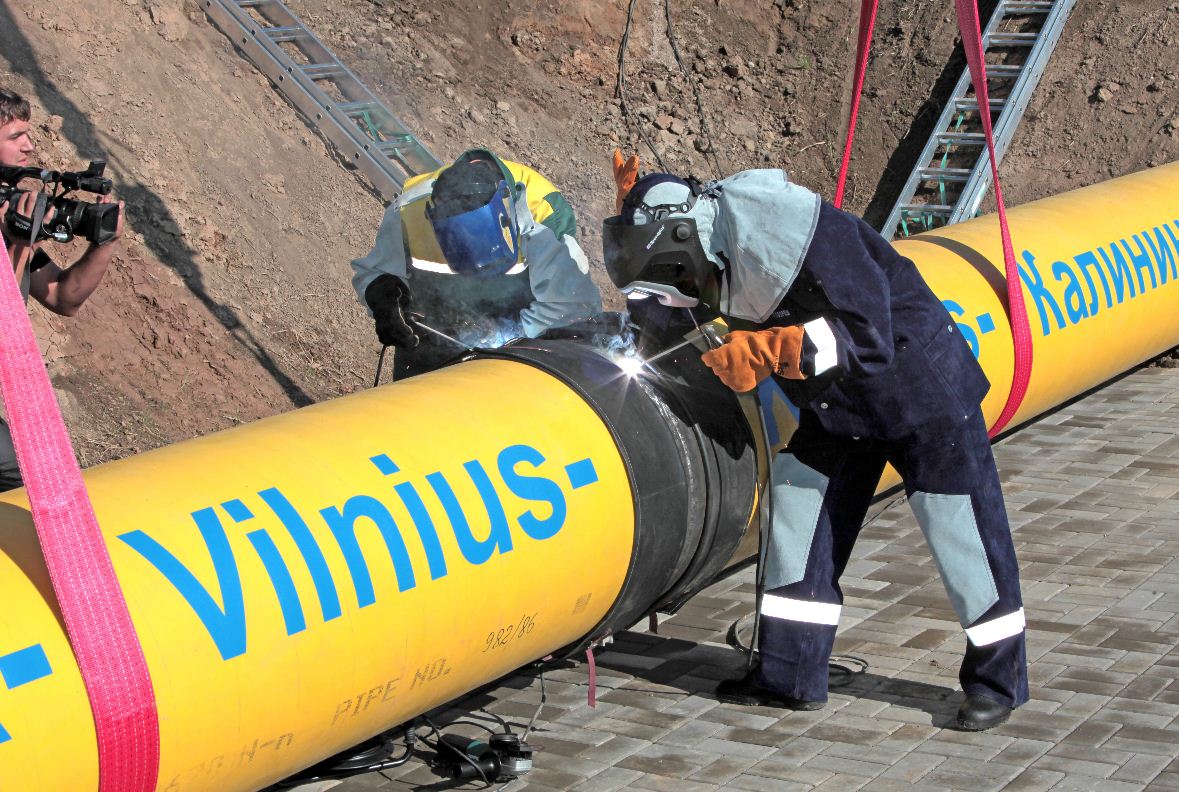The government of Japan recently declared that it would be implementing drastic changes to its monetary policy, raising fears in the international community that artificial devaluation of the Japanese Yen will instigate a global currency war.
Incumbent Prime Minister Shinzo Abe campaigned on a platform that centered around a pledge to take any and all measures to stimulate growth of Japan’s stagnant domestic economy, and now faces enormous political pressure to deliver on his promises.
Abe has assumed power during the most tumultuous period of his nation’s economic history. In the decades following World War II, a combination of American financial assistance, direct foreign investment, and industrial modernization led to Japan’s rapid economic ascendance. By 1968, it had grown to become the world’s second largest economy, and enjoyed large trade surpluses with most of its partner nations. However, steady appreciation of the Yen relative to other currencies in the 1980s began to adversely impact the competitiveness of Japanese exports, causing the government to adopt expansionary monetary policies and pursue financial deregulation. While these measures encouraged increased investment in capital and financial assets and led to robust gains for Tokyo’s Nikkei Stock Exchange, they also fostered dangerous and unsustainable habits of aggressive market speculation and high-risk loans. The inevitable collapse of the market bubble occurred in 1991, and Japan has since endured two decades of economic decline and political instability.[captionpix align=”left” theme=”elegant” width=”320″ imgsrc=”http://www.arabianbusiness.com/incoming/article418601.ece/ALTERNATES/g3l/120276384.jpg”]
Abe came into office as the nation’s seventh Prime Minister in six years, presiding over an economy that had contracted by nearly 10 percent in the last half-decade alone. In order to halt this decline, he called upon the Bank of Japan to ramp up domestic monetary circulation. An increase in the supply of the Yen would cause its value to depreciate relative to other world currencies, thereby reducing the relative price of Japanese exports. A weakened Yen would thus encourage an influx of foreign investment, and bolster the international competitiveness of domestic corporations such as Toyota, Sony, and Hitachi. Such a development would also apply upward pressure to internal market prices, and Abe has set an annual inflation rate of 2% as a target threshold. The Prime Minister has expressed confidence that the expedient implementation of these measures, coupled with accelerated government spending, will successfully bring an end to Japan’s economic stagnation and usher in a new era of stability and prosperity.
While adoption of this new monetary policy has been met with the approval of the Japanese people, Abe’s government has become the target of widespread international outcry and indignation. The domestic economic benefits of artificial currency devaluation produces inverse results for other states in the international system, as the relative appreciation of their currencies results in more expensive exports and dissuades foreign investment. The negative effects of a weakening Yen have been particularly pronounced in the Eurozone, which is still in the early stages of a recovery from its Sovereign Debt Crisis of the last two years. Since the beginning of Abe’s current administration, the Euro has shot up by nearly 12% relative to the Yen. Considering that economic output from the continental market decreased by an annualized rate of 2.5% in the last quarter of 2012, EU member nations can ill afford to contend with stiffened competition from progressively cheaper rival industries.[captionpix align=”right” theme=”elegant” width=”320″ imgsrc=”http://natoassociation.ca/wp-content/uploads/2013/02/shinzo-abe-criticises-china-over-tibet-pg.jpg” captiontext=”Japan’s recent changes in monetary policy, spearheaded by PM Shinzo Abe, have raised concerns over the possibility of a global currency war.”]
Economists around the world ultimately fear that the Eurozone nations, in an attempt to level the playing field, will eventually turn themselves to artificial depreciation of their domestic currency. Faced with competitive devaluation from two of the world’s largest economies, other nations would be forced to follow suit. The resulting currency war would have profoundly disastrous implications for global peace and security. The last such significant monetary crisis occurred in 1930, when the British Pound Sterling’s departure from the Gold Standard triggered mass international defections that exacerbated the effects of the Great Depression and provided an additional catalyst for the advent of World War II.
World leaders have tried to downplay the risk of a potential currency war. In a statement issued on February 16th, Canadian Finance Minister Jim Flaherty declared that the governments of G20 member nations were actively working together to ensure that determination of currency levels remained exclusively in the hands of the open market. Prime Minister Abe himself has publicly denied that Japan is pursuing artificial devaluation, stating that a stronger Yen is more conducive to his government’s objective of combating deflation.
Despite this rhetoric to the contrary, however, the Yen continues to spiral down the price ledger. Renowned hedge fund manager George Soros recently made headlines by having profited nearly $1 billion since November from betting on the devaluation of Japan’s currency. With the vultures now circling, the spectre of global currency warfare looms ominously on the horizon.




